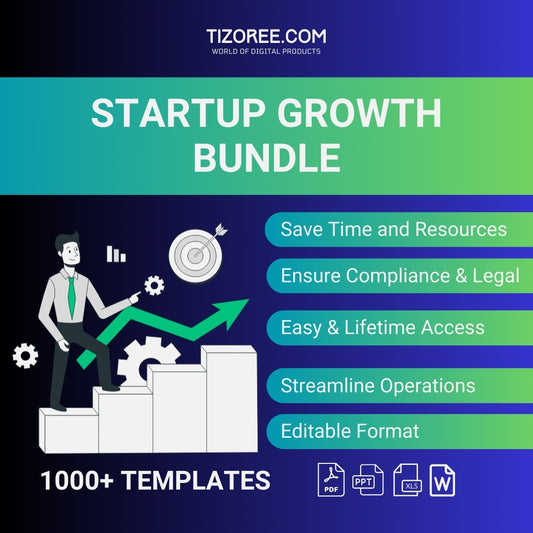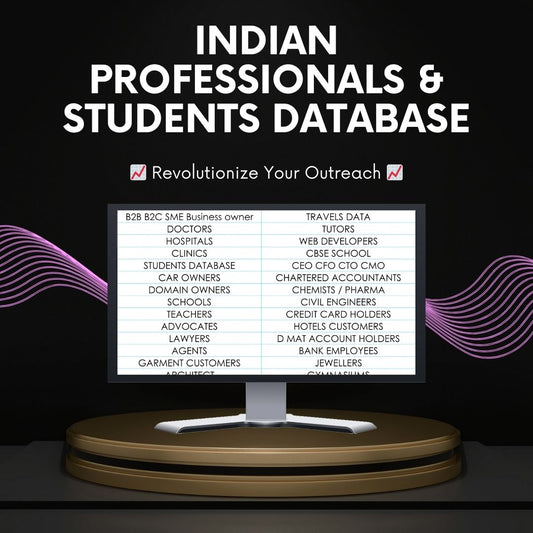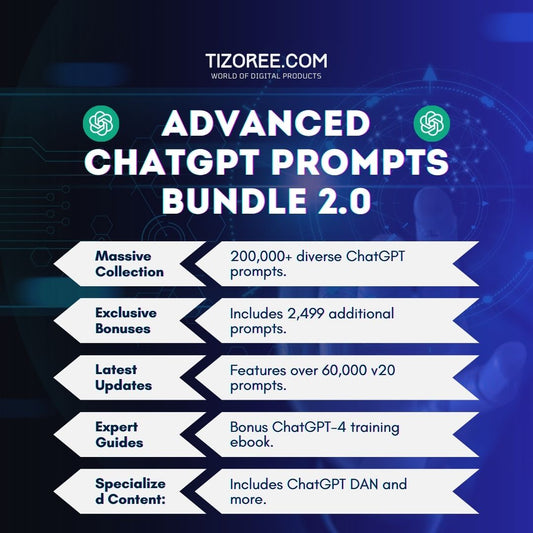Understanding ChatGPT and the Impact of Artificial Intelligence
Share
The rise of artificial intelligence (AI) has sparked discussions around its potential risks and benefits. One of the most prominent AI tools today is ChatGPT, a sophisticated language model developed by OpenAI.
This blog will delve into what ChatGPT is, how it can be utilized, its implications for the job market, and the broader concerns surrounding AI in our society.
What is ChatGPT?
ChatGPT is a conversational AI model designed to understand and generate human-like text. Developed by OpenAI, it utilizes advanced machine learning techniques to process language and provide responses. But what makes ChatGPT truly remarkable is its ability to interact in natural language, making it accessible to a wide array of users.
OpenAI, established in 2015, was co-founded by notable figures including Elon Musk. The aim was to advance digital intelligence in a way that is safe and beneficial for humanity. ChatGPT is a product of this vision, designed not to replace jobs, but to assist users in various tasks by providing information and generating content.
How to Use ChatGPT
Using ChatGPT is straightforward. To get started, you simply need to visit the OpenAI website and sign up. Here’s a step-by-step guide:
- Search for ChatGPT on your browser.
- Click on the official OpenAI link.
- Sign up or log in if you already have an account.
- Once logged in, you can start interacting with ChatGPT.
Once you initiate a conversation, you can ask questions on various topics, including science, history, literature, and more. The model is designed to respond in a conversational manner, making the interaction feel personal and engaging.
Applications of ChatGPT
ChatGPT can be utilized in numerous ways, making it a versatile tool for different user needs. Here are some popular applications:
- Homework assistance for students.
- Drafting emails or letters.
- Generating creative content like stories and poems.
- Writing code snippets for programming tasks.
- Providing explanations on complex topics.
- Assisting with language translation.
- Creating marketing slogans and content.
- Offering recipe suggestions based on available ingredients.
These functionalities demonstrate how ChatGPT can enhance productivity and creativity across various domains.
Are Jobs at Risk Due to AI?
The advancement of AI tools like ChatGPT raises concerns about job displacement. Many fear that automation will replace human roles, especially in sectors that rely on repetitive tasks. However, it's essential to understand the nuances of this issue.
While some jobs may be at risk, AI is also creating new opportunities. For instance, roles in AI development, maintenance, and oversight are emerging as critical fields. The key lies in adaptation and reskilling.
Examples of Job Displacement
Here are a few areas where AI is significantly impacting the job market:
- Customer service roles replaced by chatbots.
- Graphic designers using AI tools for quick designs.
- Content creators relying on AI for idea generation.
- Data entry jobs becoming automated.
These examples illustrate the shift in the job landscape, emphasizing the need for individuals to evolve alongside technological advancements.
The Dangers of Deepfakes
One of the pressing concerns related to AI is the phenomenon of deepfakes. Deepfakes are hyper-realistic digital alterations that can manipulate images and videos, often used to spread misinformation.
For instance, during the ongoing conflict between Russia and Ukraine, a deepfake image of leaders shaking hands went viral, falsely suggesting peace. Such instances can lead to public confusion and erosion of trust in media.
The implications of deepfakes extend beyond politics; they can be used to create non-consensual explicit content, causing severe psychological harm to individuals involved. The accessibility of AI tools means that virtually anyone can create convincing deepfakes, raising ethical concerns about privacy and consent.
The Future of AI: A Double-Edged Sword
The debate surrounding AI often centers on its potential risks versus its numerous benefits. While AI can enhance efficiency and creativity, the fear of misuse and ethical concerns cannot be overlooked. Leaders in AI development, including Elon Musk, have voiced concerns about the unchecked growth of AI technologies, likening their risks to nuclear weapons.
As AI technology continues to evolve, so too must our understanding and regulatory frameworks surrounding it. The call for responsible AI usage is louder than ever, emphasizing the importance of guidelines to ensure that AI serves humanity positively.
Conclusion
ChatGPT exemplifies the incredible potential of artificial intelligence to transform the way we interact with technology. While it offers numerous applications that can enhance our daily lives, it also presents challenges that we must navigate carefully. As we embrace AI, it is crucial to remain vigilant about its implications on jobs, privacy, and ethical standards.
By understanding and adapting to these changes, we can harness the power of AI while mitigating its risks, ensuring a future where technology and humanity coexist harmoniously.



